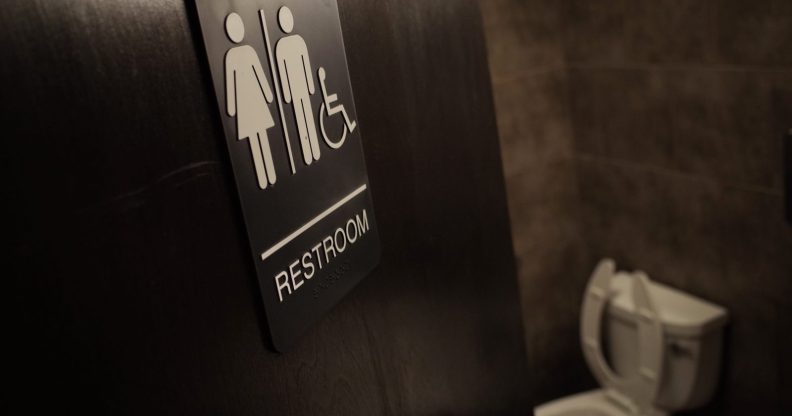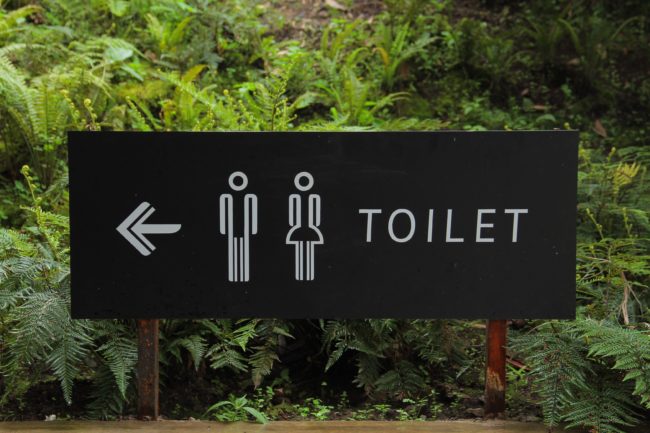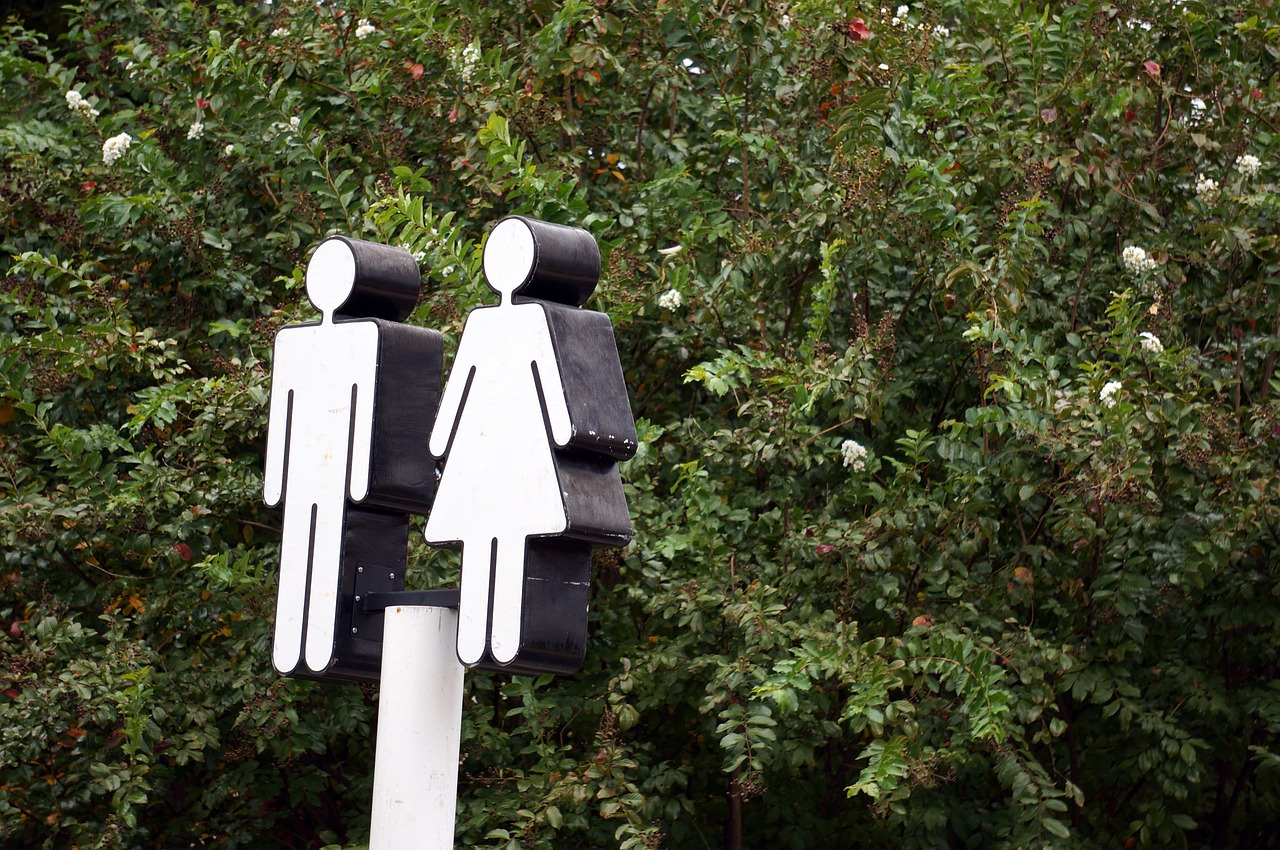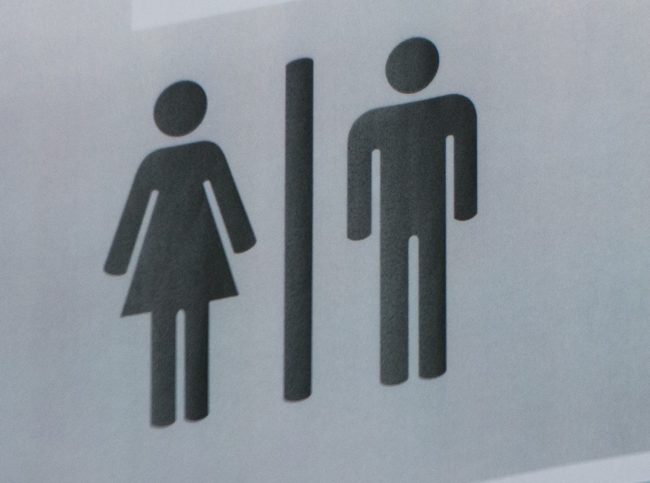Vermont passes groundbreaking law to make many public toilets gender neutral

(MANDEL NGAN/AFP/Getty Images)
Lawmakers in Vermont have passed a groundbreaking law that requires all single-user public bathrooms to be explicitly gender neutral.
On Friday, Vermont Governor Phil Scott signed a bill that now requires all self-contained public bathrooms to be explicitly open to people of any gender.
This bill will affect toilets in a variety of publicly used buildings, including government buildings, shops, schools and recreational facilities.
It states: “A single-user toilet may be identified by a sign, provided that the sign marks the facility as a restroom and does not indicate any specific gender.”
Bill H.333 passed in the Vermont house in April 2017, however it was only passed in the state Senate over a year later.

(Creative Commons)
At the bill-signing ceremony, Governor Scott said that he was honoured to sign the bill into law.
He said: “Two years ago, when I was running for governor, I was asked in a debate whether I would support gender-neutral bathrooms in public places or not.
“I responded with a one-word answer, a simple yes. Because to me it was just that simple. Why wouldn’t we do that? And now two years later I am honoured to be able to sign that legislation into law today.”

Gov. Phil Scott (Photo by Streeter Lecka/Getty)
Gov. Scott continued by highlighting the importance of gender neutral bathrooms in public buildings, particularly schools.
“This is especially important for kids in school who face anxiety and bullying over something as simple as using the restroom,” he said.
“Treating others in this way is not who we are as Vermonters, and I hope the signing of this bill will send a powerful message that that’s not the way we act.”
Explainer: What is a gender-neutral bathroom?
Despite the relatively slow speed of the bill, bill H.333 attracted strong bipartisan support, passing the Vermont Senate unanimously.
The bill also easily passed through the Vermont House, though it was met with some pushback.
Republican Vicki Strong previously stated it is not an area “which should be coming down through law,” as schools and businesses should have their own policies.
Many business groups, however, are said to support the move, with costs to the state estimated at just $2,000 to change bathroom signs in state buildings.

There were concerns that the bill would fail to pass prior to the end of the 2018 legislative season, however, due to an extension, the bill was able to pass.
The move towards genderless bathrooms is a stark contrast to proposals in other parts of the country, such as North Carolina’s hugely controversial bathroom bill, also known as HB2.
The law, which was passed in 2016, bans trans people from using gender-appropriate bathrooms, as well as rolling back on LGBT+ laws.
The state has since lost a string of big investments, and could face losing out on more than 100 champion level sporting events.

(Getty)
Similarly, the Texas senate passed a bill which bans gender-neutral bathrooms and forces trans people to use toilets of their ‘biological sex’.
It has yet to be debated in the house, however, the senate is set to debate further proposals to cut back on LGBT rights.
More than 55 athletes have since signed an open letter in opposition to the Texas bathroom bill, saying they were “committed to upholding the very values that sport instils in each of us.”
“Values like fair play, equality, inclusion and respect.”
It continues: “We believe that everyone should be afforded the same access, opportunity, and experience both in sport and under the law.”
In total, 13 states were considering laws by late April that limit access to bathrooms in some way, according to the National Conference of State Legislatures.

